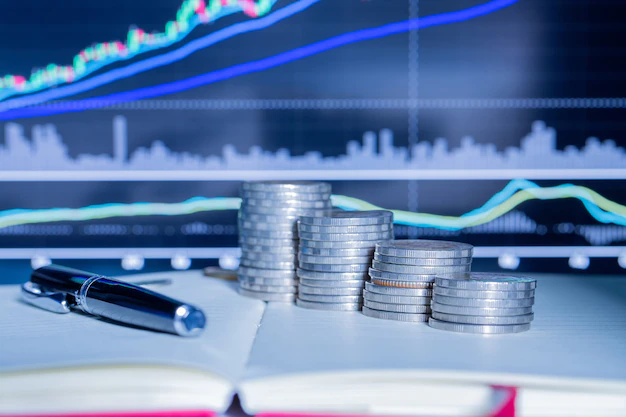
Dollar Wavers as SVB Collapse Triggers Systemic Crisis Fears
The sudden collapse of Silicon Valley Bank (SVB) and Signature Bank SBNY has triggered fears of a broader systemic crisis, leaving traders speculating that the Federal Reserve could pause its aggressive rate-hiking cycle. The market jitters have set the tone for a second straight trading day, with the dollar nursing deep losses. However, U.S. President Joe Biden has vowed to take action to ensure the safety of the banking system, restoring some calm in the market.
The Collapse of SVB Raises Questions About Fed's Aggressive Rate Increases
The collapse of SVB, the largest bank failure since the 2008 financial crisis, has raised questions about whether the Fed's aggressive rate increases have exposed cracks among key players within one of the world's largest and most heavily interconnected banking sectors. Traders have since scaled back their bets on how much further the Fed would continue raising interest rates, sparking a sharp rally in Fed funds futures and sending the U.S. dollar tumbling.
Market Pricing Shows Fed Might Keep Rates on Hold
Market pricing now shows a roughly 35% chance that the Fed would keep rates on hold at its policy meeting next week, with rate cuts expected as early as June and through the end of the year. Against a basket of currencies, the U.S. dollar index rose 0.21% to 103.90, after sliding 0.9% on Monday and hitting a one-month low of 103.47. The tentativeness might not pass through to Europe, though, as futures indicate stocks might be in for a higher open.
Investors Eyeing European Banking Stocks and U.S. Inflation Data
Investors will be keen to see if the worst is over for European banking stocks, with eyes on the STOXX banking index, which clocked its biggest one-day percentage drop in a year on Monday. The spotlight will be firmly on U.S. inflation data for February, due later in the day, when consumer prices are seen to have risen at a solid pace, but economists are divided on whether the data will be enough to push the Fed Reserve to hike rates again next week.
Daily Market Update
Keep up with the financial markets, know what's happening and what is affecting the markets with our latest market updates. Analyze market movers, trends and build your trading strategies accordingly.









